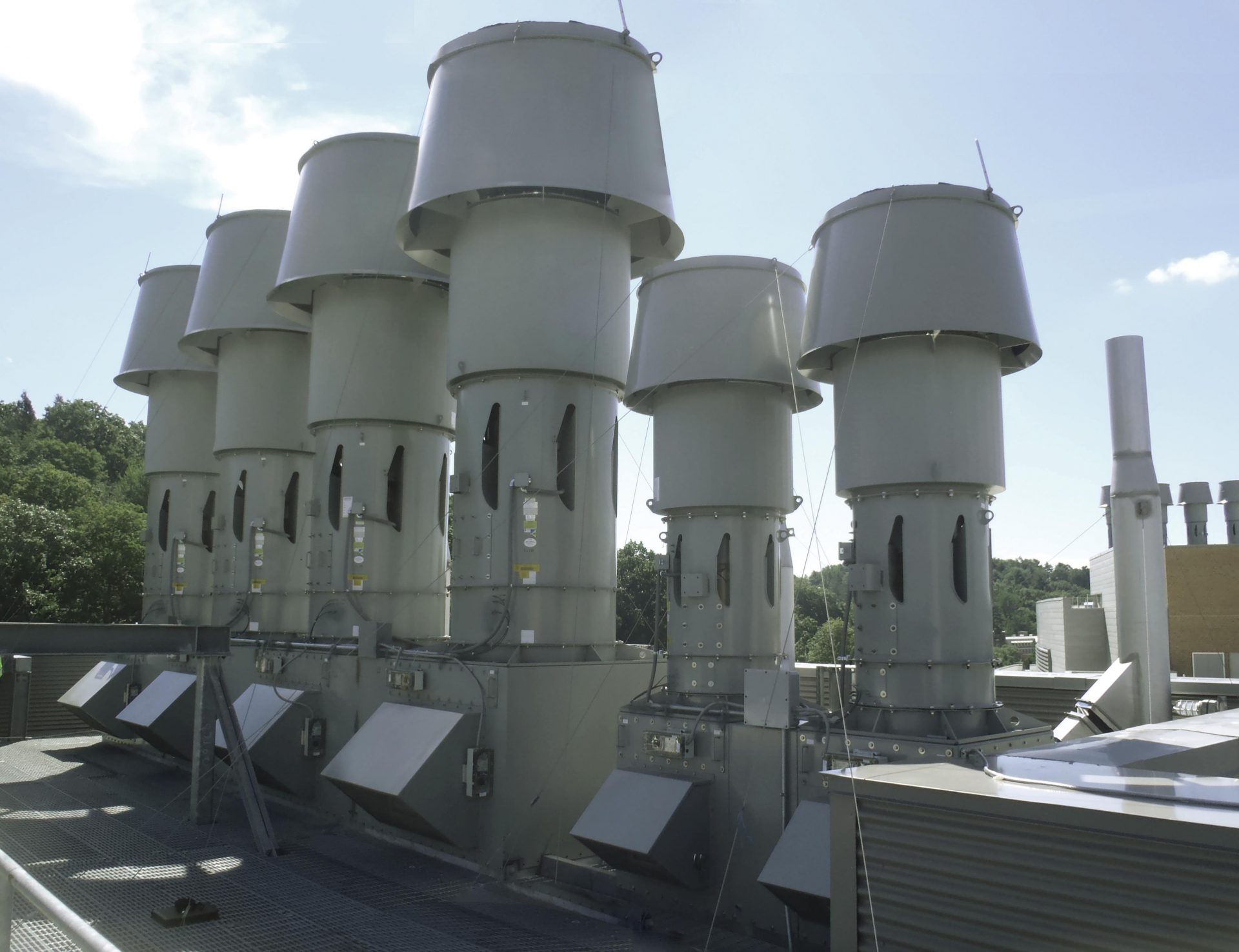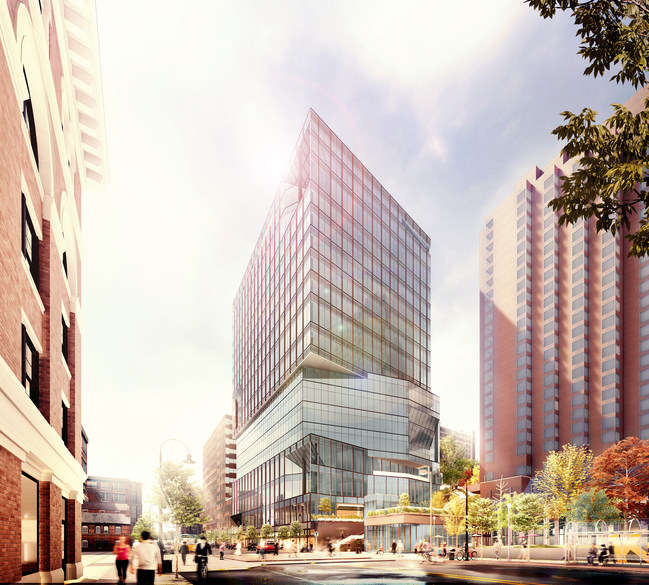...Boston has four major locally grown (modern) software companies that come to mind: Wayfair, HubSpot, CarGurus, and Akamai. None of those have the need for major tower offices. CarGurus and Wayfair are probably the best candidates to lease in one though as they're spread out among a few buildings now.
I agree with much of your post. But I don't think it's quite fair to say there are only 4 locally grown sizable ("modern") software companies; I would at least add:
- TripAdvisor (they do the suburbs/city split, have ~3,000 people)
- LogMeIn (technically founded in Budapest, but now HQ'd in Boston, ~2,750 people)
- Carbonite, ~1,000 employees
...and there are many others founded probably too many years ago to fit the "modern" category and/or largely operate in Bos suburbs (e.g., PTC ~6,000 ppl, MathWorks ~3,000ppl, Kronos ~5,500ppl).
Your point that there are probably few/any who need a large tower stands, though we've been surprised before by consolidation or move-in-from-the-suburbs initiatives. None, though, seem to point toward a tall tower...and not in Kendall.
More likely: as far as SW co's in large towers, we'll see companies like Salesforce open substantive outposts downtown/South station/etc.
MS, Google, and Amazon aren't software companies in Kendall, they're AI companies. That's why they want to be near MIT.
^ I agree with this
Companies go through the expense of locating in Kendall if they have a cutting edge tech or niche reason to be there. Most SW co's don't specifically need MIT coders. Select efforts, however, do perceive the need and go through immense expense to position/recruit/brand/etc with these graduates in mind.
Back to the point though: even these types of efforts are relatively contained to a few hundred or thousand employees. To the extent they can be housed in a < 20 story building, they will.





